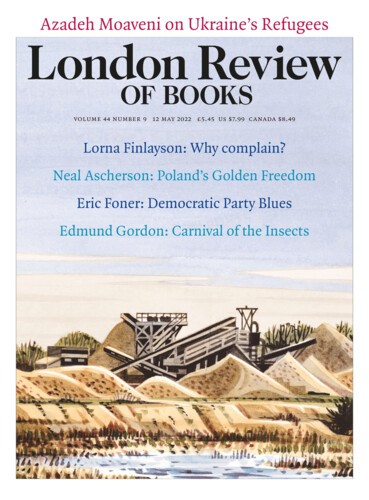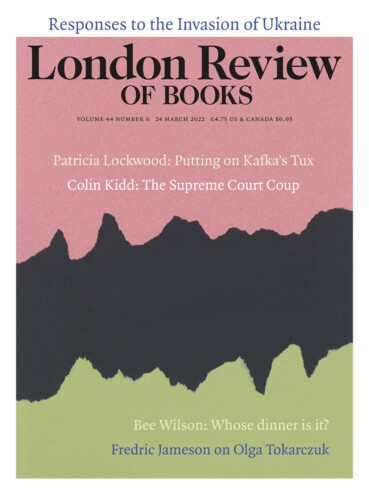Keys to the World: Sea Power
Tom Stevenson, 8 September 2022
Sea power isn’t just a matter of building a bigger navy. Nor is it reducible to the skill of admirals. Even the best ships with the ablest captains will struggle without conveniently located ports and the infrastructure they provide. Without secure access to the relevant seas a large navy is just a lot of metal to clean. The best summation of the importance of naval position was given in 1904 by the British admiral John Fisher: ‘Five keys lock up the world! Singapore, the Cape, Alexandria, Gibraltar, Dover. These five keys belong to England.’ But if you leave strategic bases aside, it is often the show of naval force, rather than its application, that has proved most potent. The modern tool of naval power projection is the aircraft carrier. The biggest of them, which belong to the US Navy, are 333 metres end to end (longer than the Shard would be if it were laid horizontal) and displace 100,000 tonnes of water with their bulk.




